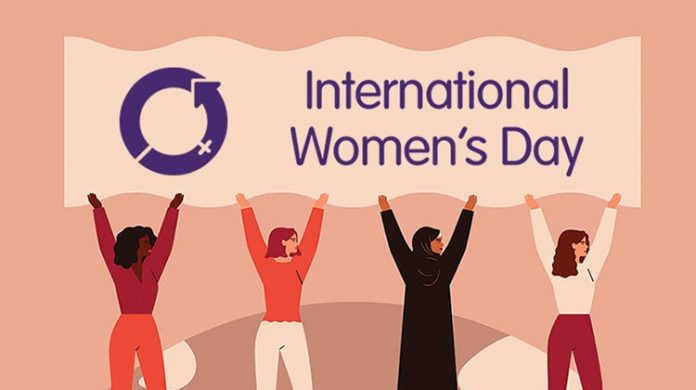Some days ago, the International Women’s Day 2024 with the theme “Invest in Women: Accelerate Progress” was celebrated globally. Although the United Nations mainstreamed this event in 1977, its origin is actually traced to the period of the Russian Revolution when on March 8, 1917 a national holiday was declared to honour women. Subsequently it became an annual event by the socialist movement and most communist countries.
The campaign for this year is centred around the notion of inspiring inclusion. This is something worth focusing on because the goal of the National Gender Policy is to build a just society devoid of discrimination. The bottom-line being that the needs and concerns of women, men, girls, boys, and other vulnerable groups are mainstreamed equitably into all sectors of national development
Women in Nigeria and Africa have been faced with different human rights challenges that have been putting their life’s and well being in danger ranging from early marriage, sexual harassment, widowhood practice, female genital mutilation, decrease in political participation and decision making. Others are deprivation of sexual and reproductive health right, insecurity, maternal mortality, poverty and other forms of sexual and gender-based violence. There is little to no investment in sectors that affect women as a whole. Women often face intersecting forms of discrimination based on factors such as race, ethnicity, religion, disability, or sexual orientation. Addressing these systemic inequalities requires deliberate efforts to amplify the voices of marginalized women and now is the time to ensure women’s rights across different aspects of life is secure. The advocacy for gender equality is not only a fundamental human right but also a necessary foundation for a peaceful, prosperous, and sustainable world.
Research has shown that in the agricultural sector, women carry out about 80% of agricultural production, and 60%, of agricultural processing activities yet have less than 20% of agricultural assets. It is women who contribute the bulk of the food the nation feeds on yet they are faced with challenges of access to land, finances and farm inputs which we can attribute to the major reason why there is food scarcity resulting in hunger and low GDP.
Women make up a significant portion of the global workforce, yet they often face barriers to full participation, including unequal pay, limited access to credit and resources, and discriminatory laws and practices. By addressing these barriers and creating opportunities for women to thrive in the economy, governments and businesses can unlock new sources of growth and innovation.
In education, out of the over 20million out of school children, two thirds are girls; low comparative levels of literacy, education and livelihood skills among women and girls and many girls who never get a second opportunity in education. The foregoing distorts the goal of equity and equality. As a nation we need to invest in women’s education to increase our productivity and innovation, promote social inclusion, by ensuring that girls have equal access to quality education, societies can break down barriers and empower future generations, break the circle of poverty and enable them make informed decision about their lives. There are a lot of women who have skills that are wasting at home because their family and society chose to give them a place in the kitchen and bedroom rather than in more productive arenas like industries and schools. We also need to invest in women’s health by ensuring they are registered under health insurance schemes to reduce out of pocket expenditure, child and mother mortality rate, increase access to health care services including reproductive health services which will lead to a healthier family and community at large
We also need to invest in women’s participation in politics and leadership. Women are often underrepresented in positions of power and decision-making, leaving their perspectives and priorities unheard which has led to under representation in decision making. It cannot be over emphasized that women’s voices need to be heard and promoted in other to have different perspectives and priorities on the table which will result in better governance and policies that address the needs of all citizens. Quotas and affirmative action policies can help increase women’s representation in political processes, but true empowerment requires more than just token gestures. It involves creating an enabling environment where women can participate freely and meaningfully in politics, free from violence, harassment, and discrimination. There is need to reform our electoral systems, as well as efforts be made to challenge cultural norms and stereotypes that limit women’s political agency and also the passage of the five gender bills that were rejected by the national Assembly
Investing in women is not just the right thing to do; it’s a strategic imperative for fostering inclusion and building more resilient, equitable societies. By empowering women economically, socially, and politically, governments, businesses, and communities can unlock untapped potential and create opportunities for all. As we work towards a more inclusive future, let us recognize the transformative power of investing in women and commit to making it a priority in our policies and practices.
Ms Weng Dung, CEO of Yangata Foundation writes from Jos.




